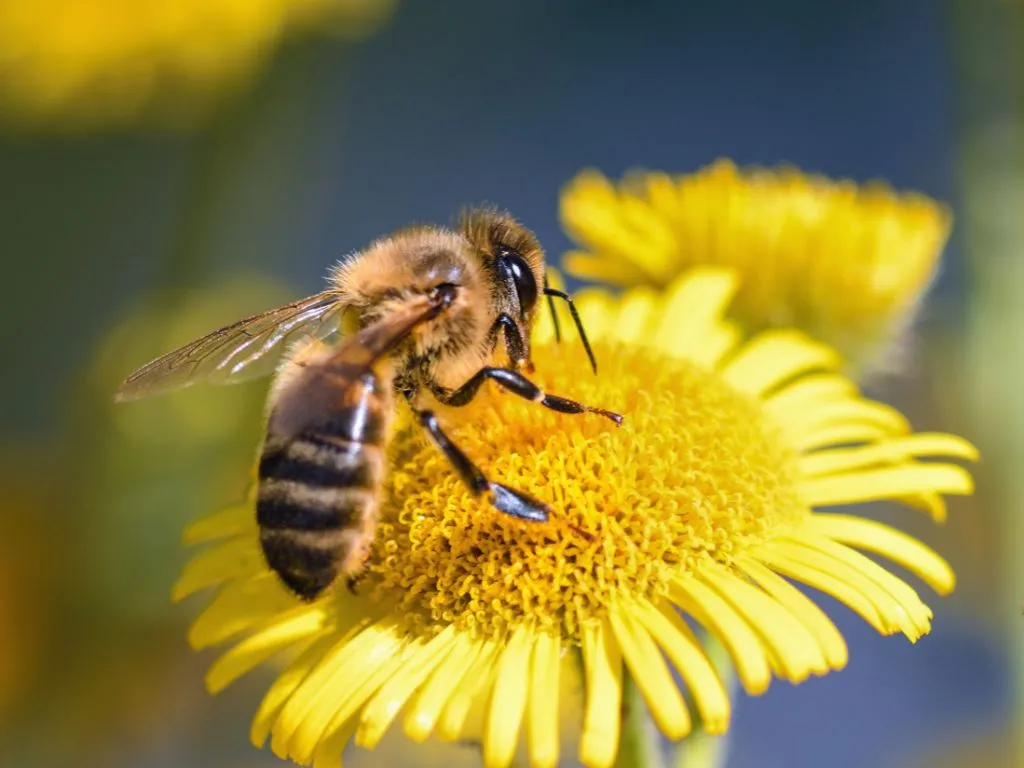- Home
- News Details
News Details

England to Ban Bee-Killing Neonicotinoids: Major Step to Protect Pollinators
2025-01-16 Reference source : UK Government
Pesticides Sustainability UK Ban Neonicotinoids Insecticide UK National Action Plan NAP
The UK Government has announced plans to end the use of harmful neonicotinoid pesticides in England, a major step towards fulfilling an election commitment to protect bees and other pollinators. The policy, published by the Department for Environment, Food and Rural Affairs (DEFRA) on 21 December 2024, aims to legally ban three neonicotinoids: clothianidin (CAS no 210880-92-5), imidacloprid (CAS no 138261-41-3), and thiamethoxam (CAS no 153719-23-4). These chemicals, which are known to threaten pollinators, have been used under emergency authorisations for the past four years despite their general ban.
Neonicotinoids and Their Impact on Pollinators
Neonicotinoids are highly toxic to bees, even at sub-lethal doses, impairing their cognitive abilities and reducing hive productivity. Additionally, these chemicals persist in the soil, posing long-term environmental risks. Pollinators such as bees and butterflies play a vital role in agriculture, contributing an estimated £500 million annually to UK crop production.
Legislative Actions and Future Plans
The Government’s next steps include identifying legislative measures to enforce the complete ban on the three neonicotinoids. These efforts are in line with the upcoming UK National Action Plan (NAP) for sustainable use of pesticides. Additionally, the government will continue to support farmers with alternative pest control solutions, such as virus-resistant crop varieties and sustainable pesticide options.
Broader Environmental Commitments
This announcement is part of a wider strategy to enhance environmental protection. Recent measures include:
-
A rapid review of the Environmental Improvement Plan.
-
Implementation plans for air quality, water pollution, and a circular economy.
-
Initiatives to address the impacts of extreme weather, including tree planting and flood resilience projects.
A Sustainable Future for Agriculture
The Government remains committed to supporting farmers through sustainable food production practices. As part of this commitment, £5 billion has been allocated to farming over two years to support both nature restoration and agricultural resilience.
This policy applies to England, with efforts underway to work with the devolved governments of Scotland, Wales and Northern Ireland to ensure a unified approach.
For more details, see the full Neonicotinoids Policy Statement here.
We acknowledge that the above information has been compiled from UK Government.
Global Product Compliance (GPC) specializes in Global Regulatory Compliance Solutions across sectors
globally. SSS Europe, a familiar name in chemical regulatory and compliance services now formally belongs
under the umbrella of GPC Holding Sweden.
Since 2008, we have emerged as one of the leading names among Global Regulatory Compliance Service
Providers with Representation services in Europe, Asia and Middle East for respective chemical
regulations.

 Twitter
Twitter
